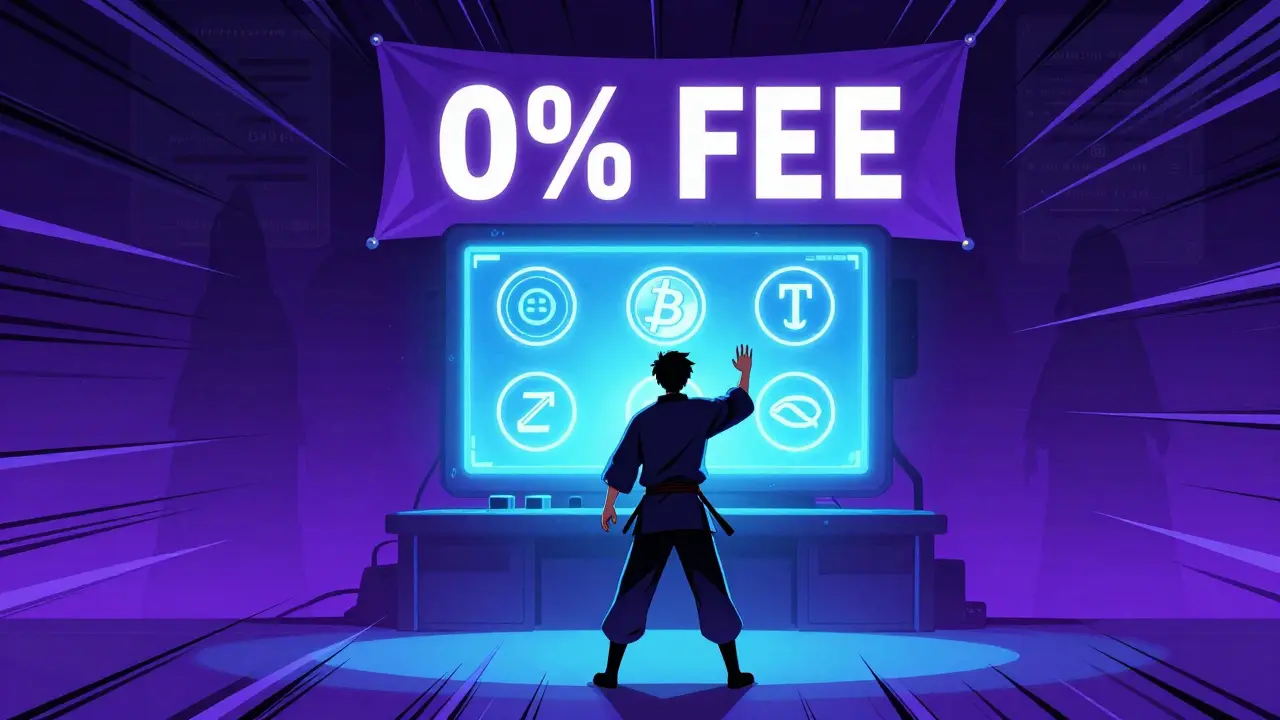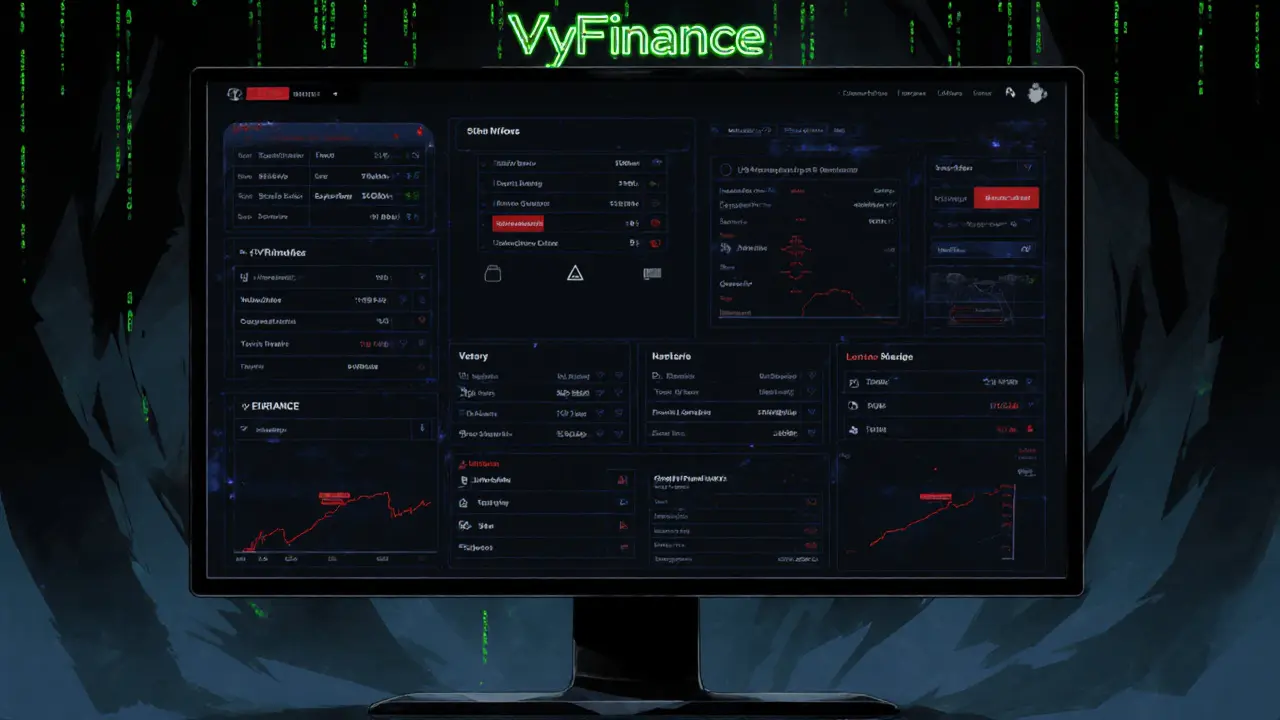Crypto Exchange Guides – Latest Insights and Tools
When working with crypto exchange, a platform that lets you buy, sell, or trade digital assets such as Bitcoin, Ethereum, and thousands of other tokens. Also known as digital asset exchange, it connects traders to order books, liquidity pools and market data feeds. In today’s fast‑moving market, the regulatory environment, government rules that dictate licensing, taxation and user protection decides which services stay open, while decentralized exchange, a peer‑to‑peer network that matches orders without a central operator offers privacy‑first alternatives. Many traders also rely on VPN, a virtual private network that hides IP addresses and bypasses regional blocks to stay safe and access restricted platforms.
The crypto exchange landscape is shaped by three core forces. First, compliance: exchanges must align with the regulatory environment, filing for licenses, implementing AML/KYC checks, and reporting taxes. Second, technology: decentralized exchanges bring on‑chain order matching, AMMs and cross‑chain bridges that change how liquidity is sourced. Third, user protection: VPNs and security tools shield traders from surveillance, hacking attempts and geofence restrictions. These forces interact—regulations may limit VPN usage, while decentralized platforms can sidestep some rules, prompting authorities to adapt. Understanding how each piece fits helps you pick the right platform for your strategy.
What You’ll Discover Below
Below you’ll find a curated collection of articles that break down the most pressing topics for anyone dealing with crypto exchanges. We dive into regional restrictions like Iran’s 2025 crackdown, explore how VPNs affect trading safety, and explain the rise of decentralized exchanges such as SynFutures v3. There are also step‑by‑step guides on claiming airdrops, navigating VASP licensing in Nigeria, and reporting DeFi taxes in the new fiscal year. Whether you’re a beginner looking for a simple definition or an experienced trader hunting for the latest regulatory updates, the posts cover a wide spectrum of practical knowledge.
Each guide is written to give you actionable steps—how to verify an exchange’s license, set up a reliable VPN, claim an airdrop without falling for scams, or calculate your tax liability using the right forms. By the end of the list, you’ll have a toolkit that spans compliance, technology, and security, letting you trade with confidence no matter where you are.
Ready to dive in? Browse the articles below and start sharpening your exchange game today.
- February 26, 2026
- Comments 2
- Cryptocurrency
FusionX v3 Crypto Exchange Review: Zero Fees, Limited Coins, and Unproven Trust
- December 27, 2025
- Comments 24
- Cryptocurrency
Velodrome v3 (Optimism) Crypto Exchange Review: Fees, Rewards, and Real User Experience
- December 17, 2025
- Comments 18
- Cryptocurrency
Dollaremon Swap Crypto Exchange Review: Is This Decentralized Exchange Worth Using?
- November 30, 2025
- Comments 24
- Cryptocurrency
KokomoSwap Crypto Exchange Review: What You Need to Know in 2025
- November 18, 2025
- Comments 14
- Cryptocurrency
CoinTR Crypto Exchange Review: Features, Security, and Is It Right for You?
- November 17, 2025
- Comments 20
- Cryptocurrency
HyperSwap v2 Crypto Exchange Review: Cross-Chain Swaps Made Simple
- October 24, 2025
- Comments 24
- Cryptocurrency
PartySwap DEX Review 2025: Features, Security & Alternatives
- May 27, 2025
- Comments 17
- Cryptocurrency
Coineal Crypto Exchange Review 2025 - Fees, Safety & Current Status
- February 27, 2025
- Comments 16
- Cryptocurrency









